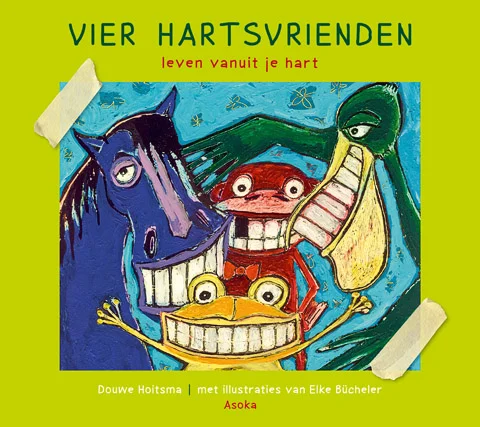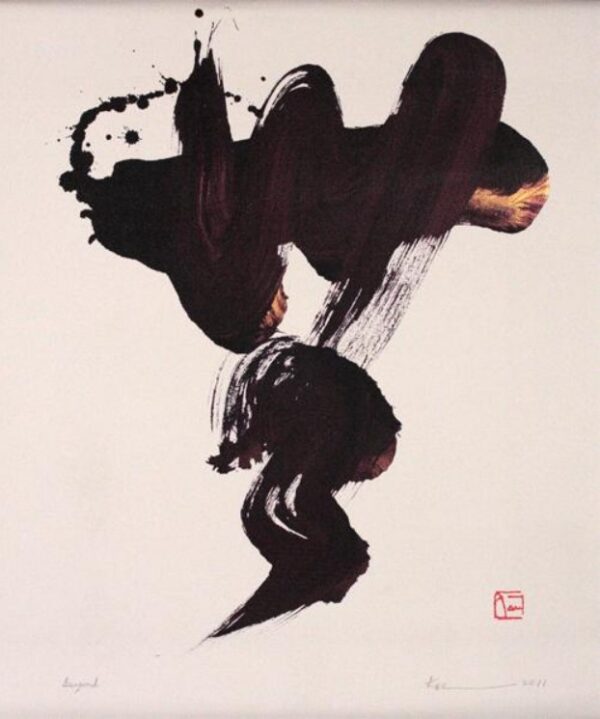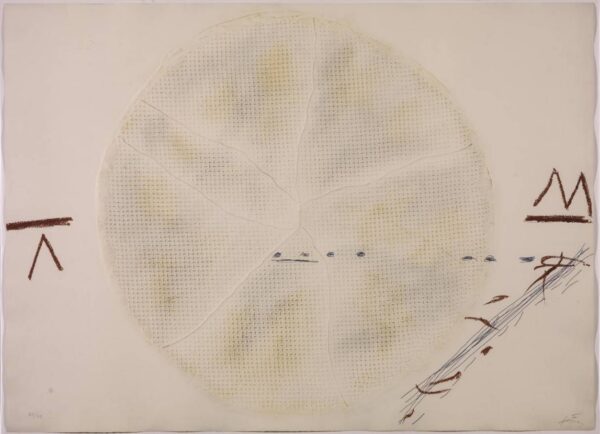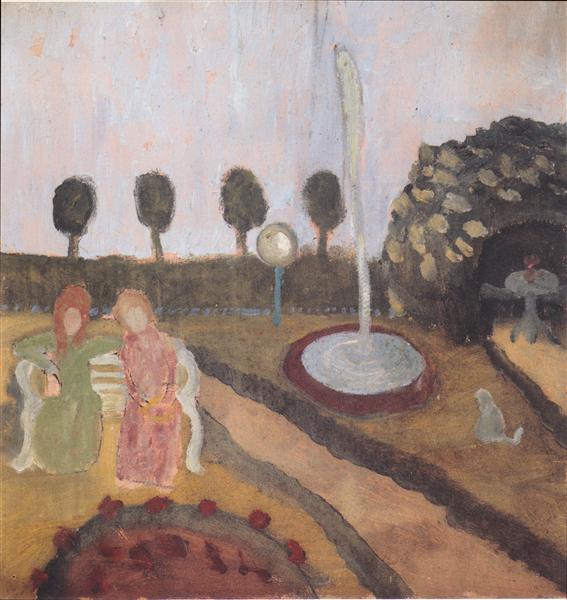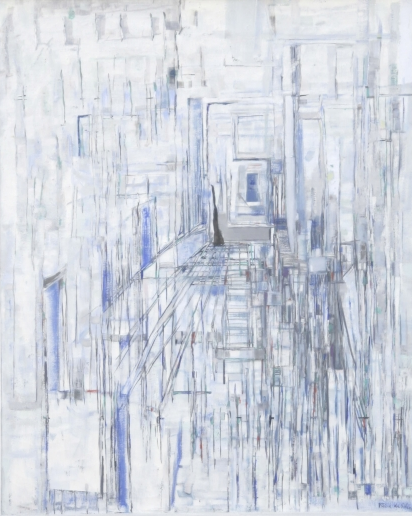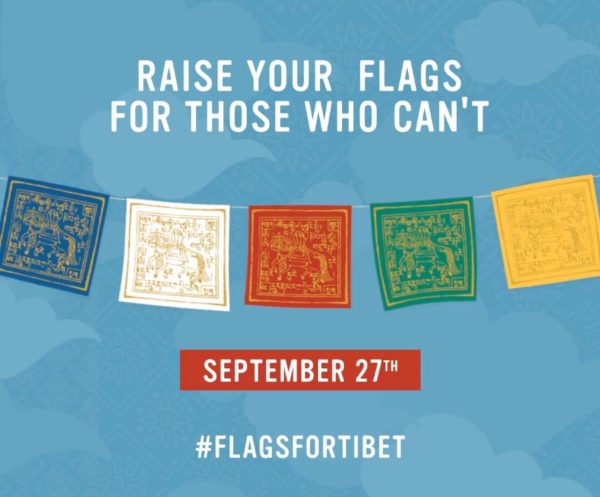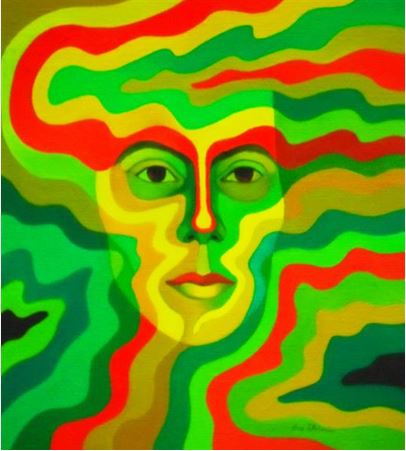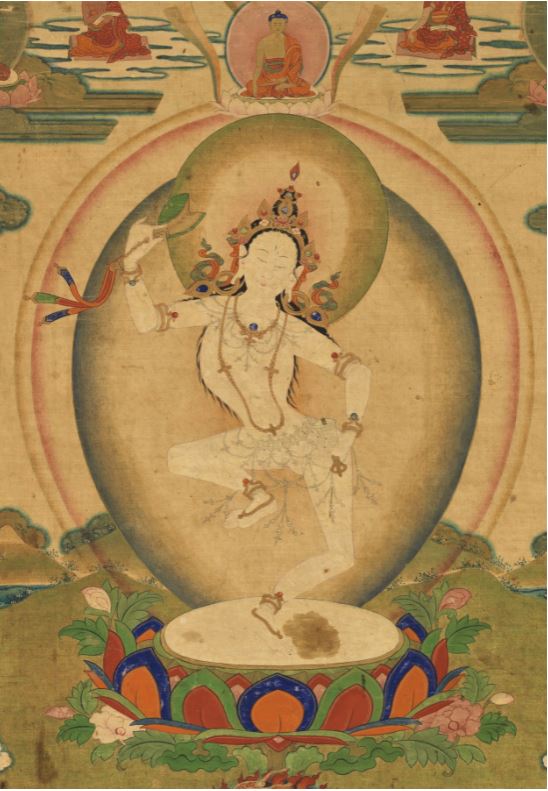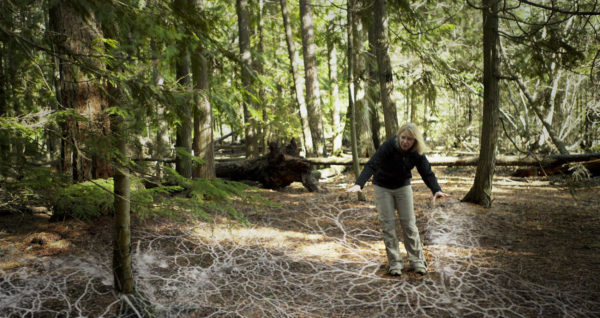Het prentenboek Vier hartsvrienden – Leven vanuit je hart is van de hand van van meester Douwe Hoitsma. Hij heeft de boeddhistische methode Hart van Onderwijs ontwikkeld volgens welke lesgegeven wordt op de Jozefschool in Muiden.
Dit boek is geschikt voor kinderen van 4-12 jaar en vertelt het verhaal van vier hartsvrienden. Ieder dier representeert een van de vier brahmavihara’s: vriendelijkheid, mededogen, blijdschap en gelijkmoedigheid. Het boek met illustraties van Elke Bücheler is beschikbaar in het Nederlands en Engels bij: hethartvanonderwijs.nl
“Pablo Paard is heel rustig en kalm. Hij sluit nooit iemand buiten, iedereen mag meedoen. Ali Aap is altijd aardig en behulpzaam. Kitty Kikker probeert de ander zo goed mogelijk te begrijpen. Victorino Vogel is opgewekt en vrolijk en klaagt nooit. Pablo, Ali, Kitty en Victorino, vier hartsvrienden die alles samendoen. Ze spelen, eten en slapen samen en zijn volmaakt gelukkig. Alle dieren in dit verhaal leven vanuit de boeddhistische vier Hartkwaliteiten. Het wordt het steeds vrediger in het bos omdat ze de hartenwens ook aan andere dieren leren. … Naast het lezen van het dierenverhaal biedt het boek ook een praktische instructie om zelf te oefenen met kinderen, kleinkinderen of leerlingen.” asoka
